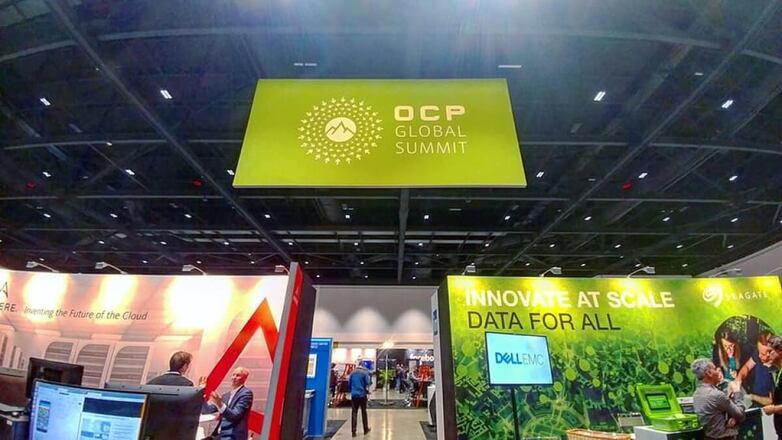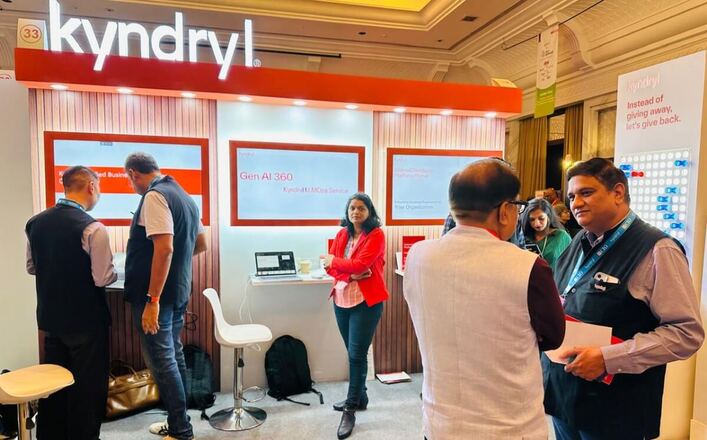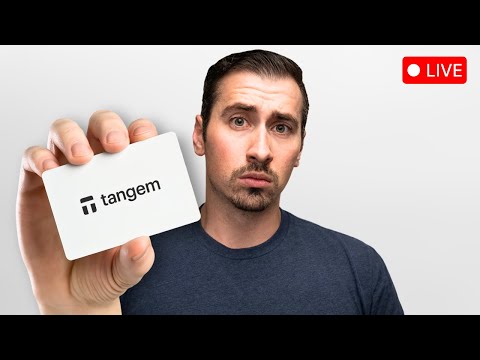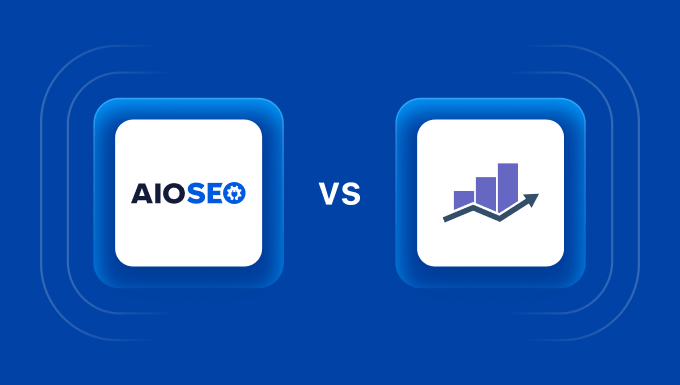
The Open Compute Project Foundation (OCP) and the iMasons Climate Accord (iCA) have unveiled a milestone collaboration with the release of the Embodied Carbon Disclosure – OCP Base Specification, a new open framework designed to standardize how the data center industry reports the carbon impact of its equipment.
Developed with contributions from Google, Meta, Microsoft, Schneider Electric, and other major technology stakeholders, the specification marks the first major deliverable from the OCP–iMasons alliance. Its goal is to create a unified, transparent reporting model for embodied carbon – the total carbon footprint of manufacturing, transporting, and deploying physical infrastructure components used across the global data center ecosystem.
The initiative arrives at a pivotal moment for the industry. As hyperscale operators, colocation providers, and enterprises worldwide race to build infrastructure capable of supporting artificial intelligence (AI) and high-performance computing (HPC) workloads, the environmental consequences of this growth have become increasingly difficult to ignore. Data centers are expected to account for up to 8% of global electricity demand by 2030, and the carbon footprint associated with their physical infrastructure is under intensifying scrutiny from regulators, investors, and customers.
Data Center Supply Chain
OCP’s new specification seeks to streamline carbon disclosure and reporting across the data center supply chain – reducing duplication, aligning methodologies, and providing a shared taxonomy for both buyers and suppliers. The specification and its accompanying template will allow organizations to communicate embodied carbon data using a consistent language, enabling buyers to make informed purchasing decisions based on verifiable environmental data rather than estimates or marketing claims.
“This large-scale AI buildout and global data center expansion has the potential to create significant environmental impact,” said George Tchaparian, CEO of the Open Compute Project Foundation. “The OCP community is committed to ensuring those impacts are minimized. This new open carbon disclosure framework provides our members and the wider ecosystem with a trusted, standardized reporting format that helps make sustainability a core part of product development and procurement decisions.”
The Embodied Carbon Disclosure Specification encourages vendors to publish detailed data about the carbon intensity of specific components – from mechanical and electrical systems to IT hardware – along with the methodologies used to calculate those figures. It supports multiple measurement models, including Life Cycle Assessment (LCA), Product Carbon Footprint (PCF), CIBSE TM65, and Economic Input-Output modeling, ensuring flexibility for suppliers at different levels of carbon accounting maturity.
According to OCP, the longer-term goal is to accelerate the industry’s transition toward standardized carbon measurement practices that include more rigorous data validation, auditable methodologies, and third-party verification. As these capabilities mature, the specification is expected to help procurement teams better evaluate supplier credibility and product transparency, incentivizing accurate reporting and accountability across the value chain.
“At iMasons, we believe open, transparent standards are essential for meaningful progress on sustainability,” said Santiago Suinaga, CEO of Infrastructure Masons. “By aligning on a common framework, we’re giving suppliers and end users alike the clarity they need to make carbon-aware decisions. This is about creating the foundation for a sustainable digital infrastructure that can responsibly power the AI era.”
Rob Coyle, Director of Technical Programs at OCP, noted that the strength of the OCP community lies in its ability to drive rapid adoption once frameworks are introduced. “When OCP members align around an open standard like this, product offerings evolve quickly,” he said. “As more vendors disclose embodied carbon data through the OCP Marketplace, end-user demand will increase for products that comply.”
Later this year, the OCP Marketplace will begin displaying a “Carbon Disclosure Ready” badge alongside products whose carbon reporting aligns with the new specification. The label will help buyers identify solutions with validated sustainability data at a glance, setting the stage for a new era of environmentally informed procurement.
Comparing Carbon Content
Ashish Nadkarni, Group Vice President and General Manager of Worldwide Infrastructure Research at IDC, called the initiative a critical first step. “This comes at a time of tremendous transformation in the data center industry,” he said. “Creating a common reporting format for carbon impact is a necessary and simple first move. Once we can compare carbon content across products consistently, we’ll see better decision-making and greater accountability.”
The joint effort between OCP and iMasons reflects a growing recognition that sustainability and scalability must evolve hand in hand. By formalizing carbon disclosure practices for one of the most resource-intensive industries on earth, the partnership is laying the groundwork for a more transparent, data-driven approach to environmental responsibility – one that could soon become as integral to data center design and procurement as performance and reliability.





